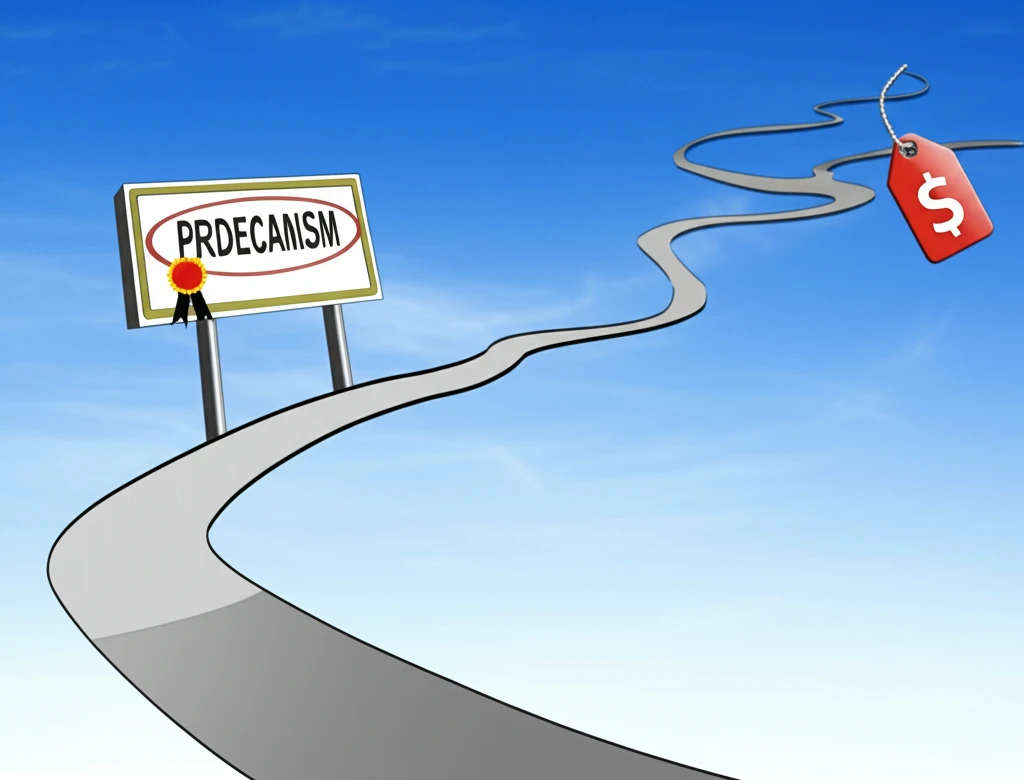
Is Your Journalism Program Worth the Accreditation Price? What Directors Really Think
"Decoding Accreditation: A Deep Dive into Journalism Program Evaluations"
Accreditation is often a hot topic among journalism program faculty, sparking heated debates about its worth and impact. For years, numerous prominent journalism programs in the United States have questioned its value, leading to renewed discussion about its requirements and the true meaning of seeking approval every six years. With developments in ACEJMC(Accrediting Council on Education in Journalism and Mass Communications ) closely monitored worldwide, this accreditation has been used as a model for many accreditation bodies in other countries. Understanding the sentiments of journalism program directors is key to understanding the future of journalism accreditation.
Discussions surrounding voluntary program accreditation in higher education aren't usually known for excitement; however, the topic took a dramatic turn in the spring of 2017 when Northwestern University's Medill School of Journalism, Media, Integrated Marketing Communications announced it would no longer pursue accreditation from the Accrediting Council on Education in Journalism and Mass Communications (ACEJMC).
Medill is not the first prominent program in the United States to forgo ACEJMC accreditation. The University of California-Berkeley also recently announced that it was letting its accreditation lapse. Berkeley dean Edward Wasserman said he generally supported accreditation for undergraduate programs, but that the process was not a good fit for his school's boutique graduate student-only program (Fain 2017). This decision reflects a broader scrutiny of accreditation processes and their relevance in today's fast-paced media environment.
The Core Debate: Quality vs. Compliance

The central question surrounding ACEJMC accreditation is whether it truly enhances the quality of journalism education or simply enforces compliance with a set of standardized requirements. Concerns have been raised that focusing on accreditation diverts resources from program innovation and responsiveness to the evolving media landscape. Additionally, the high cost of accreditation can be a barrier for smaller programs, limiting their ability to compete with larger, better-funded institutions.
- High Costs: Accreditation fees, site visit expenses, and faculty time commitment.
- Limited Flexibility: Restrictions on curriculum design and course offerings.
- Focus on Inputs: Emphasis on resources rather than student outcomes.
- Barriers for Small Programs: Difficulties in meeting standards with limited resources.
The Future of Journalism Education Accreditation
The future of journalism education accreditation hinges on addressing the concerns of program directors and adapting to the changing media landscape. ACEJMC must consider ways to reduce costs, increase flexibility, and focus on student outcomes. It must also ensure that accreditation remains a valuable tool for improving journalism education, not simply a barrier to entry for smaller programs. As the debate continues, the goal should be to create an accreditation process that truly enhances the quality of journalism education and prepares students for success in the digital age.
